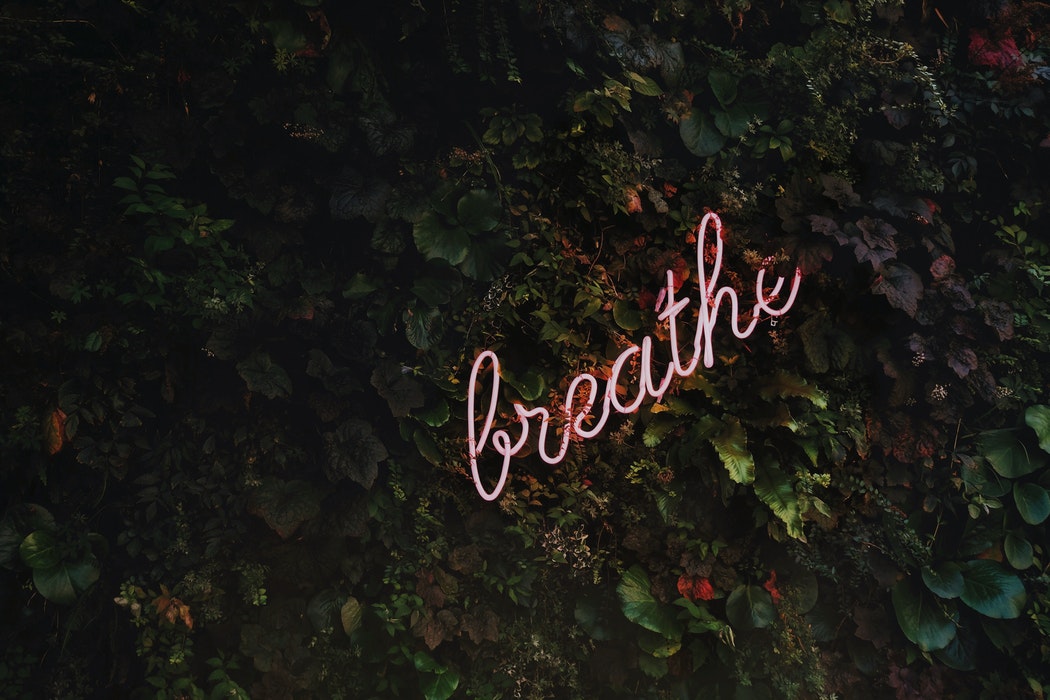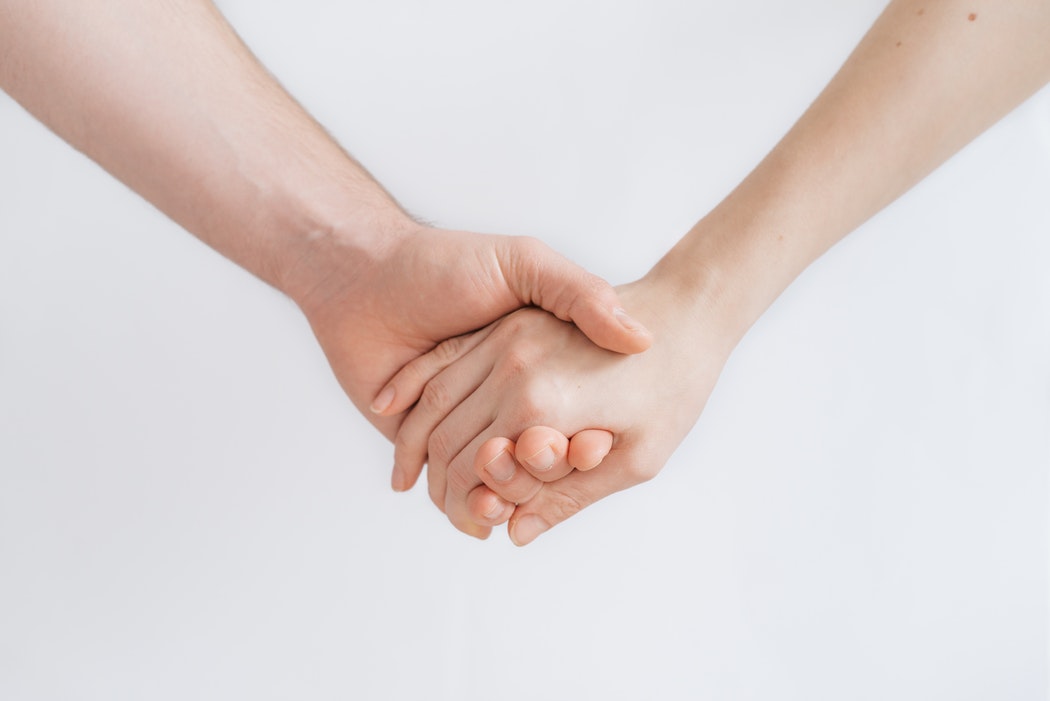7 Things Highly Intuitive People Do Differently

According to Google dictionary, intuition is “the ability to understand something immediately, without the need for conscious reasoning.” In other words, it’s the gut feeling people are accustomed to experiencing that influences their actions that doesn’t require logic. Ever since the Age of Enlightenment, people are prone to dismiss ideas without some sort of scientific research to support them. Although science has opened the world to a plethora of possibilities, conveniences, and truths, ultimately, it still serves as only one type of perspective within the big picture. Over the years, intuition has been given a bad rep for being too “otherworldly” due to its psychic inclination.
However, the mysterious power of intuition is still undeniably beneficial that the U.S. Navy began a program in 2012 to investigate how members of the military can be trained to use their “sixth sense” to help them during combat and other missions. The goal of the program is to determine whether or not there are techniques that can improve people’s intuition. Don Tucker, psychology professor at the University of Oregon, said the research, “could improve training not only in the military, but also in sports and many job settings.” Tucker also adds, “Spiderman had superpowers. But maybe the rest of us can learn to use the experience of the intuitive cognition we have.” We want to remind you not to underestimate the great capabilities of intuition. Psych2Go shares with you 7 things highly intuitive people do differently:

1. You listen to your inner voice.
Gut feelings are experienced by many, but what sets highly intuitive people apart from others is that they actually listen to them. Sophy Burnham, author of The Art of Intuition, writes, “Everybody is connected to their intuition but some people don’t pay attention to it as intuition. I have yet to meet a successful businessman that didn’t say, ‘I don’t know why I did that, it was just a hunch.’” Due to cultural bias, intuition is commonly regarded as pseudoscience and “hocus pocus,” which can cause the majority of us to ignore our own instincts that may have come in handy. You don’t have to abandon logic altogether to rely on intuition, but it can be incredibly beneficial to learn how to achieve a balance between using both.

2. You practice mindfulness.
Highly intuitive people have a great knack for being self-aware. This is nurtured from their habit of practicing mindfulness on a daily basis. When you meditate, you’re able to alleviate yourself from mental fog that leaves you clear-headed and focused on your inner voice. The purpose of mindfulness is to declutter your mind from worry and any loud, distracting thoughts that make it hard for you to tap into your inner self. This boosts your knowledge of how you operate and, as a result, you can recognize and use your intuition without having to attach the why’s behind your actions.

3. You have a creative outlet that you often use.
Musicians, writers, artists, entrepreneurs, and dancers are able to sustain their creativity because they follow their intuition. Instead of being swept by fear and wondering how they will achieve their dreams, they never stop believing in themselves, nor do they question whether or not it makes sense to go after them. It’s only natural for them to follow their heart. It may sound incredibly naive and overly simply to some people, but perhaps that’s because it’s been a long time since they listened to their own intuition. Intuitive people follow their creative endeavors, regardless of the judgments they receive, because to them, it feels more foolish to hold themselves back. Where there is intuition, there is also the will to create.

4. You enjoy solitude.
Highly intuitive people don’t mind finding a quiet corner away from the busy world. In fact, they enjoy their solitude because it gives them an opportunity to listen to their intuition. It’s hard to locate it when you’re stifled by traffic, stress, and everyday responsibilities that make it hard for your intuition to roam free and simply be. This is why highly intuitive people also have a tendency to daydream. It releases everyday tension and clears your mind so that you can connect with yourself on a more authentic level.

5. You are observant of your immediate environment and those around you. As a result, you are able to connect deeply with others.
When you pay attention to the small details in your environment and of the people in your life, you can learn to understand how and why things work. This is how your empathy grows when you see how people are affected by different situations and you learn to take on more than one perspective when considering why some people are prone to acting a certain way. It’s helpful to you because, in turn, you understand how to tune into your own emotions. As a result, you can form deep connections with others. Some people may get the impression that you can read their mind, but in truth, you have allowed your empathy to help you use your intuition that lets you know exactly what they need.

6. You pay attention to your dreams and subtle messages from the universe.
Your dreams and intuition come from the same place, which is your unconscious mind. When you’re highly intuitive, you may often pay attention to common themes of your dreams that can be telling you something. In addition, you also notice subtle messages the universe may be giving you from songs that play every time you turn on the radio, quotes that you come across in books, or the notes you receive in fortune cookies. They can all be incredibly nuanced, but the more intuitive you are, the more you can make sense of these situations.

7. You don’t overwork yourself, nor do you attach yourself to negative emotions or situations.
When you experience strong, negative emotions, they can cloud your intuition. In fact, according to Burnham, when you find yourself feeling depressed or highly angry, they may cause your intuition to fail you. This is also why highly intuitive individuals don’t overwork themselves, because they understand that they need to feel at peace in order to nurture that special trait. As a result, people with good intuition form healthy habits when they learn how to find balance both in their lives and within themselves.
Are you a highly intuitive person? What do you do differently than others? Psych2Go would love to hear your thoughts! Please be sure to leave a comment down below!
References:
10 Things Intuitive People Do Differently. (2017). Power of Positivity. Retrieved December 13, 2017.
Gregoire, C. (2014, March 19). 10 Things Highly Intuitive People Do Differently. HuffPost. Retrieved December 13, 2017.
Joseph, C. (2012, March 27). U.S. Navy Program to Study How Troops Use Intuition. The New York Times. Retrieved December 13, 2017.



It seems that I am a highly intuitive person. People always told me and described me as being able to be friend with everyone but I never really know the exact reason why. 🙂 As for meditation, I consider my practice of mindfulness as taking shower or shaving, sometimes while completing homework I get stuck on one thought and I am unable to carry on until I reason my self the thought. 😀 I love those moments.
Hi Mr. Grey, thanks so much for reading. =) I’m glad you are able to relate to the article! I’m a highly intuitive person myself and can get along with just about anyone, too. I think it’s our special ability to empathize well and place ourselves in the shoes of others. And yes! Mindfulness is amazing! I’m glad you practice it, because it’s one effective way to keep your intuitive powers! Thanks so much for sharing your thoughts with us! I hope you have a great day! =)
It was a super interesting article. Seems like I’m an intuitive person ^^)
Hi Kris, thanks so much for reading. =) I’m glad you enjoyed the article! It’s always great to meet another intuitive person! I hope you have a magical day! <3
Magical…I have been described as…but intuitive is more scientific. I read about ways that when someone develops a high level of intuitive instincts they are more aware of what is going on around them. Example, the movie scene in Sherlock Holmes…Robert Downey jr is in a restaurant and anticipates actions. I at times have developed that odd skill of anticipation of someone’s words or actions.
Hi Pat, thanks so much for reading. =) Yes, intuitive people are more aware of what is going on around them because we’re able to feel a lot, especially one’s suffering. It’s because we’re incredibly empathetic. In a lot of ways, we’re like emotional sponges. If you haven’t already, you should also check out my article https://psych2go.net/8-signs-youre-highly-sensitive-person-hsp/. You may also relate to it. Haha, my cousin is also a fan of Sherlock Holmes, I’ll have to ask him to tell me more about it. =) Thanks so much for sharing your thoughts with us, I hope you have a magical day!
Hi Catherine, I’m so glad you referred Pat to your article on HSP because I was able to immediately identify the connection between the two. I would identify myself as an HSP & HIP. You are so learned, I love it 👍🏾👍🏾
Keep up the amazing work 😇
Hi Damien, thanks so much for reading! Aww, I’m happy to hear that you were able to identify and make the connection between the two! Readers like you make me feel even more enthusiastic about the work I do! Thanks so much for the encouraging words and for being such an awesome supporter. 🙂
As an RN I have been told to listen to my inner voice. Often there is so much “stuff ” coming at us during a time of crisis that this inner voice or hunch is able to process what’s important and disregard what’s not. Call it experience, a hunch, inner vision or voice… it has saved me and my patients on many occasions
Hi Thomas, thanks so much for reading. 🙂 That’s amazing that you’ve been trained at your job to listen to your inner voice! I can only imagine how much RNs go through on a daily basis, and I applaud you for being brave and handling patients in crises every day. I’m glad to hear that by listening to your intuition, it has saved you and many people’s lives. It’s a lot more powerful than what culture usually gives it credit for, but I’m glad your workplace sustains it. <3 Have a great new year ahead and thanks so much for sharing your thoughts and experiences with us!
I’ve always identified as an intuitive person, but I’ve found there’s a lot of pressure (internal and external) to justify or prove your intuitions, whether it be because I’m just curious as how I might have arrived at a particular conclusion, or I question that my conclusion is ‘correct’ when it conflicts with conventional wisdom. As a result, I’ve grown up with some level of self-doubt pervading my entire life. However, I’ve found as I’ve grown older, I’m learning to more fully trust my intuition as it’s never steered me wrong, especially about the important things in life, no matter what others (or even common sense) say. As a result, I am happier than ever about being true to myself.
Anyway, thanks for all your great articles on Psych2Go, there’s a great deal of insight and authenticity which is why I keep coming back here. I really love your work!
Hmmm, I don’t enjoy solitude much but the rest are the same for me. I suppose I’m pretty intuitive lol XDD interesting article!
This article is very nice, 🙂 especially on the part of enjoying solitude and peace. Often, i am mistaken to be so easy going or relaxed person, but honestly, it is my way to maintain my ability to analyze things and to make wisest decisions during under pressure situations. Enjoying solitude , on the other hand, is not as simple as what we often know, but it is very deep and necessary for all of us indeed. Solitude allow us to see the bigger picture in life and help us to evaluate ourselves within. Solitude is often my private and personal time with God whenever He speaks in my heart. 🙂
Speechless 💎